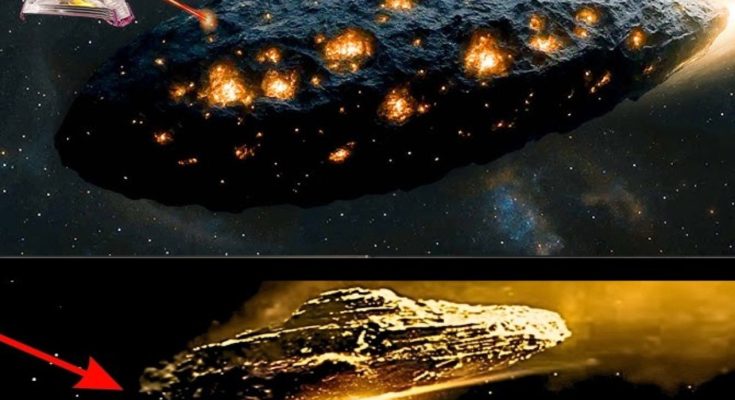James Webb Telescope Reveals Interstellar Comet 3I/ATLAS Is Larger and Stranger Than Expected
NASA’s James Webb Space Telescope (JWST) has provided unprecedented insights into interstellar comet 3I/ATLAS, revealing that it is both larger and more chemically peculiar than previously thought.
A Surprising Size
Initial estimates suggested that 3I/ATLAS’s nucleus could be as large as 3.5 miles (5.6 kilometers) in diameter. However, recent observations from JWST, combined with data from other telescopes, indicate that the comet’s nucleus is significantly smaller—likely less than 1 mile (1.6 kilometers) across. This discrepancy arises because the comet’s coma, a cloud of gas and dust surrounding its nucleus, was previously mistaken for part of the solid body, leading to inflated size estimates Wikipedia.
Unusual Chemistry
JWST’s Near-Infrared Spectrograph (NIRSpec) observations have uncovered that 3I/ATLAS’s coma is exceptionally rich in carbon dioxide (CO₂), with a CO₂-to-water (H₂O) ratio of approximately 8:1. This is about 16 times higher than typical comets observed in our solar system Live Science. Such a high CO₂ concentration suggests that the comet may have originated in a region of space with conditions vastly different from those in our solar system, possibly near a CO₂ ice line or in an environment with intense radiation Chron.
A Glimpse into the Past
Discovered on July 1, 2025, by the ATLAS sky survey, 3I/ATLAS is only the third confirmed interstellar object to pass through our solar system. Traveling at speeds exceeding 130,000 mph (210,000 km/h), it is expected to make its closest approach to the Sun on October 29, 2025. This rare visitor offers scientists a unique opportunity to study materials that predate our solar system, potentially providing insights into the conditions and processes that existed in the early universe WIRED.
As 3I/ATLAS continues its journey through our solar system, astronomers are closely monitoring its behavior and composition, eager to unravel the mysteries of this ancient interstellar traveler.



